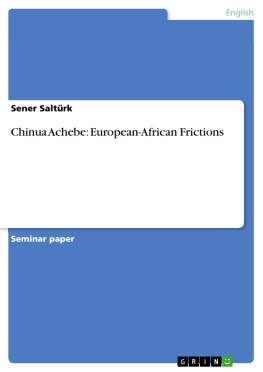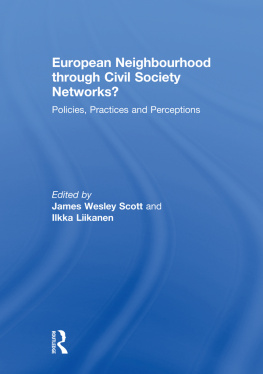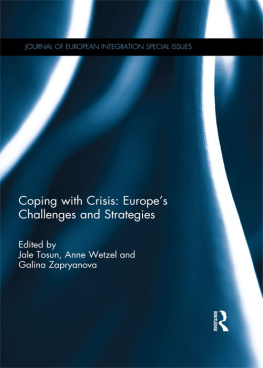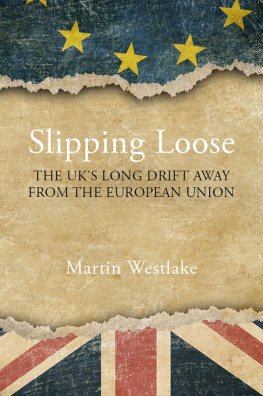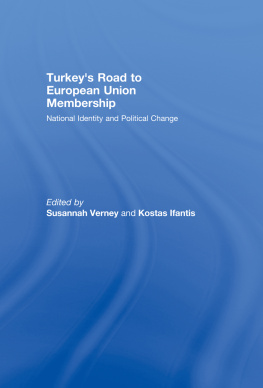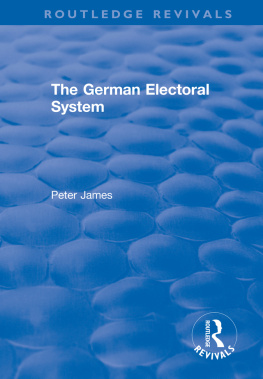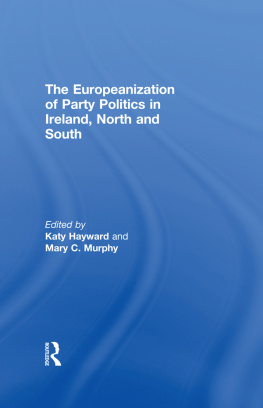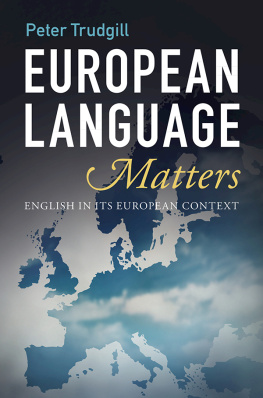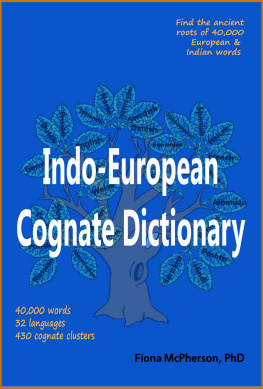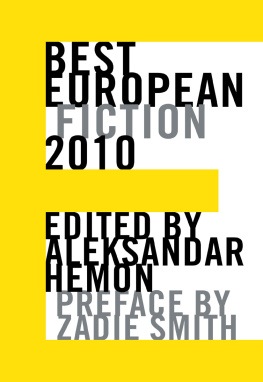Impressum:
Copyright (c) 2013 GRIN Verlag GmbH, alle Inhalte urheberrechtlich geschtzt. Kopieren und verbreiten nur mit Genehmigung des Verlags.
Bei GRIN macht sich Ihr Wissen bezahlt! Wir verffentlichen kostenlos Ihre Haus-, Bachelor- und Masterarbeiten.
Jetzt bei www.grin.com hochladen und weltweit publizieren.
CONTENTS
I. Introduction)
II. European-African Relationships)
III. Achebe on Literature
IV. Achebe The Novel.
V. Religion in Chinua Achebes Arrow of God
VI. Post-Colonial Phenomena in A Man of the People
I. Introduction
It is quite ironic that at this very moment while I am typing these lines about Chinua Achebe, a major historical event is taking place in Europe, or more accurately in Luxemburg where twenty five foreign ministers of European countries have gathered to start the negotiations between the European Union and Turkey regarding Turkeys entry to the European Union (EU). I would very much like to know what Achebe himself would say about this European-Turkish issue. Because culturally it is so similar to the issues - that is problems - Achebe has been dealing with and writing about for some fifty years. Only his criticism on European concepts are a reaction the European-African issues. Whatever the historical backgrounds of Nigeria, or Africa as a whole (colonialism, slave trade, current European influence), psychologically the European-African and the European-Turkish relationships share some remarkable similarities. The source of the problem is the European perception of other and self.
Although, for various reasons, I myself am anything but an avid supporter of the idea that Turkey should join the EU and I think in this context it might be useful to mention that I am German of Turkish descent , I want to stress that the question of whether Turkey belongs to Europe or not is above all a (pseudo-)cultural one, rather than a geographical. Of course Europe has had completely different dealings with Turkey than with any African country. Even so, although Europe has played a tremendous role in quite a considerable part of Turkish and Ottoman history and in spite of efforts on the part of Turkey to meet European standards in order to become a modern democracy (or, at last, fully European), there is still the idea or fiction - as Achebe would put it that Turkey is culturally inferior to the Western world and thus should therefore not be treated as equal. I am aware that these thoughts come through in a simplified way but my point is that in Europe, which of course not only designates a geographical as well as a cultural entity such as religion and traditions etc., there is still a feeling of superiority towards the other, many of which can be explained historically. Racism due to military and economic strength is quite common among rich countries, the majority of which are Western countries (I will not embark on an explanation of the term Western although it too requires discussion). Likewise, it is common for poorer countries to admire the Western worlds superiority in modern technology and wealth but apparently without knowing that they are not very much appreciated by the Westerners.
Although there is quite a number of reasonable arguments for not welcoming Turkey to the European family, such as financial as well as political and ethical, the majority of Turkish people consider prejudices against Turks as the actual reason for their rejection: they are (culturally) too different and more than the half of the European citizens are against a Turkish membership in the EU, nor is Turkeys fourty-year old endeavour to become a full European member acceptable. There is, intellectually, a problem on the part of Europe to accept the idea of equality which Achebe has been persistently trying to point out both in his novels and in his essays (which is the same reason, I think, why Turkey is so hard done by): feeling of superiority. That is why Achebes books lack the quality of universal European (or Western) books and is only applicable to Nigeria and likewise the reason for Turkey being a second-rate country. Both of these concepts reveal classical European ideas that will in all probability prove to be false during the course of the twenty-first century. In order to support my thesis, which I admit sounds far-fetched at first glance, I will refer to Chinua Achebes accounts on colonial criticism and, wherever possible, compare them to the recent issue in European dealings with the Other, i.e. the Turk. I will later on focus on the novels Arrow of God and A Man of the People, particularly on the aspect of religion in Arrow of God and the post-colonial phenomena of Nigeria in A Man of the People.
II. European-African Relationships
In one of his acclaimed essays on literature, as well as on Western and African issues, Chinua Achebe, the writer of classical novels such as Things Fall Apart (1958) and Arrow of God (1964), discusses the term partnership (15) between Africa and Europe in regard to the past dealings of these two continents. According to Achebe, as well as the general ideal, Europe has benefited from this connection which was never, and still is not, a partnership:
The relationship between Europe and Africa is very old and also very special. The coasts of North Africa and Southern Europe interacted intimately to produce the beginnings of modern European civilization. Later, and much less happily, Europe engaged Africa in the tragic misalliance of the slave trade and colonialism to lay the foundations of modern European and American industrialism and wealth.
The author rejects the European notion and definition of partnership because one side appears to dictate the roles within this relationship, the neutral meaning of which seems to be more appropriate to approach this Euro-African thing. Achebe accuses Europeans as incapable of extending [equality within a relationship] to others, especially Africans (ib.). If we look closely to some relationships between people in general we will, however, certainly have to agree that even in Europe equality is something which is hard to find and that it had to be historically claimed first, e.g. by Karl Marx (or even invented). Since human beings are social creatures which organize themselves in a hierarchical pattern, it does not appear likely that equality is self-evident. But when we speak of partnership we take equality for granted, otherwise it would be an unequal partnership, which has negative connotations attached. Which individual would be fond of being treated unequally in any partnership? Achebe goes so far as to use an originally British colonial metaphor of horse and rider (ib.) to reinforce his argument and to demonstrate the clear and overt master-and-servant partnership, with the latter being ascribed animal characteristics: You may talk to a horse but you dont wait for a reply! (ib.).
Achebe continues to point out that this racist concept (in combination with the colonial presence of the Europeans) has caused major inferiority feelings to Africans. Likewise, he condemns Africans for doing so. These traumatic effects (ib.) still carry on and results in a highly problematic perception of ones self, that is to feel ashamed for ones culture even to an extent to be unable to accept ones own peoples traditions, indeed denying to be one of them:
Three or four weeks ago my wife, who teaches English in a boys school, asked a pupil why he wrote about winter when he meant the harmattan [a whirl wind which rows in the South of Sahara and also in Nigeria]. He said the other boys would call him a bushman if he did such a thing..
What is more, Achebe states that for these reasons the Euro-African partnership, i.e. relationship, is one-sided and fundamentally a communication-related problem. However, since the Negro talks (16), a feature as Achebe points out which distinguishes himself from an animal - a fact which cannot remain unquestioned forever - he asks for equality and all he gets is
Next page
